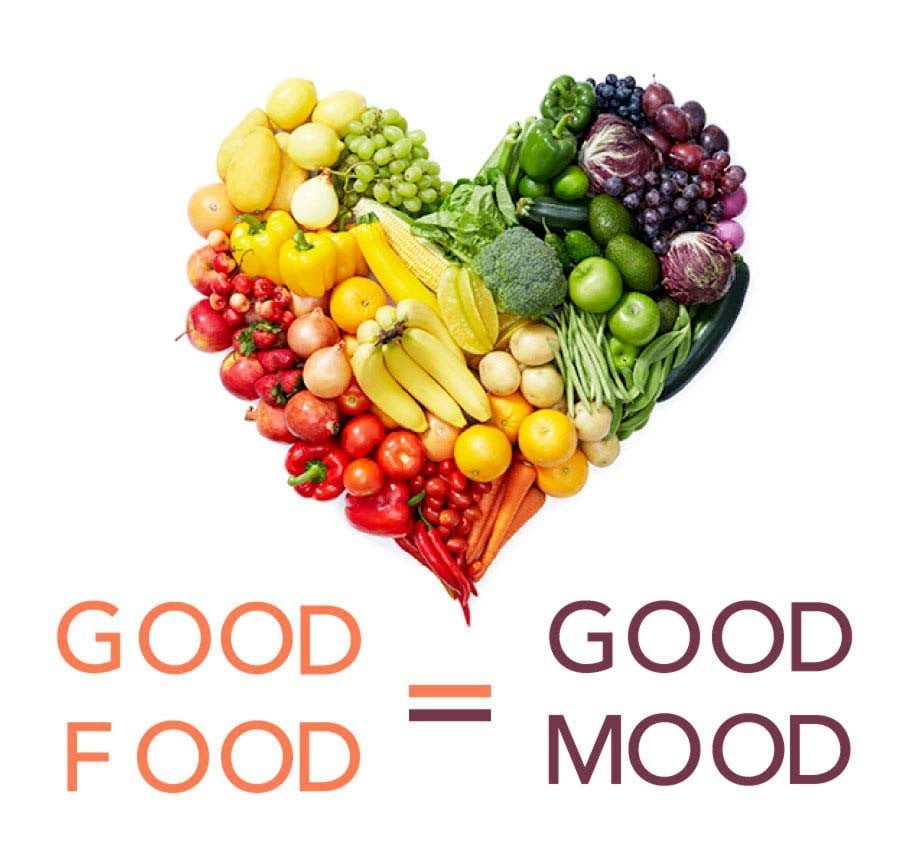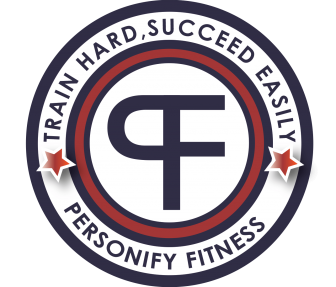Coach Ben’s Stress Buster Tips:
- Eat well balanced food and avoid skipping main meals.
- Watch your portions. Stick to 250-550 calories per meal and snacks of 100-200 calories by preparing you meals in advance. Size of meal varies depending on body size and activity levels.
- Take the hydration challenge and sip on 500ml more water than you usually do every day this week.
- Ensure you include 15-30g of protein per main meal.
- Go for a square of dark chocolate daily over a bar of plain, milk or white chocolate.
- Eat a wide range of different naturally coloured foods.
- Increase your alcohol free days and avoid making the units up on the other days.
- Swap that sugary snack for a banana to stay stress free.
- Drink 1-2 x 300ml cups of coffee and aim to have these in the morning.
- Eat 2+ hours before sleeping.
Tip 1: It’s a balancing act
Consider your macronutrients (carbohydrates, proteins and good fats) with each meal and ensure you have a near even balance of each of these to best boost metabolism and natural energy levels to take on whatever your day throws at you.
Irritability, fatigue and anger have been associated with skipping meals, while overeating can lead to feelings of guilt, sadness, emotional distress and depression.
Tip 2: Crunch the calories
With over 40% of Americans stating that stress leads them to overeat, or to eat less of what they class as ‘healthy foods’.
Foods high in sugar or larger portions require more effort from your pancreas and digestive organs to break down and can put these organs through extra strain.
Calories are often going to impacted on those stressful days, watch your portions and sugar intake. Stick to 250-450 calories per meal and snacks of 100-200 calories by preparing you meals in advance.
Tip 3: Wet your appetite
Water and good hydration can improve concentration, lift mood and reduce dehydration symptoms, including fatigue (by flushing out stressful toxins). Keep a bottle of water on you throughout the day to ensure staying hydrated in convenient.
Tips 4&5: Power up with protein
Certain foods can impact our “happy brain chemicals”. Dopamine, Anandamide and Serotonin are examples of neurotransmitters (nerve chemicals) that maintain and regulate many of our functions key to our wellbeing, including appetite, sleep, memory and mood by temporarily blocking pain. These neurotransmitters are made up of amino acids, the building blocks of proteins, examples of these can be found in:
- Dopamine: meats, eggs, almonds, fish and macadamia nuts
- Serotonin: eggs, milk, yoghurt, meat and bananas
- Anandamide: dark chocolate (70%+ cocoa)
Our bodies are not able to store protein in the same ways that they store carbohydrates and fats, therefore it’s key to ensure you eat protein rich foods regularly to top up these happy stores.
Many of these foods are found in meat products which means that those following a vegetarian diet can often fall into a trap of reduced “happy chemical” levels. Simply look for vegetarian alternatives in the examples list above.
Tip 6: Eat the rainbow
I know what you are thinking and no… this does not refer to eating more Skittles, but simply to eating a greater diversity of naturally colourful foods. The colour of a food, traditionally details the vitamin content of that item. By choosing a diverse range of colours, you can ensure you reach your daily reference intakes.
Tip 7: Alcohol free means happy
Alcohol is often referred to as a depressant, simply choosing to have 2 more alcohol free days per week has been shown to reduce feelings of negativity and enhance mood.
Tip 8: Go bananas for B vitamins
As mentioned, bananas can boost mood due to dopamine levels but also contain magnesium. Banana Man may have been onto something as these also contain the superpower vitamin B6 which has been associated with soothing the nervous system and keeping us physically calmer on stressful days.
Tip 9: Kick start with a coffee
Coffee appears to affect a number of neurotransmitters related to mood control, so drinking a morning cup could have an effect on your general sense of wellbeing and brain health. Be careful with added calories that may accompany the hot drink such as biscuits or cakes, as discussed in previous tips. Stick to 1-2 cups of 300ml or less coffee and ideally drink these in the morning to boost alertness and metabolism, rather than the late afternoon as these can affect sleep patterns, up to 10 hours after drinking.
Tip 10: Sleep well, stress less
Eating within 2 hours of sleep means the body has to digest the food and therefore the initial stages of getting to sleep or deep sleep (REM) can be affected. This has been associated with feelings of fatigue, irritability and poor mood.
Thanks for reading and for further info on improving your sleep pattern, view our ‘Sleep Easy’ article here.





